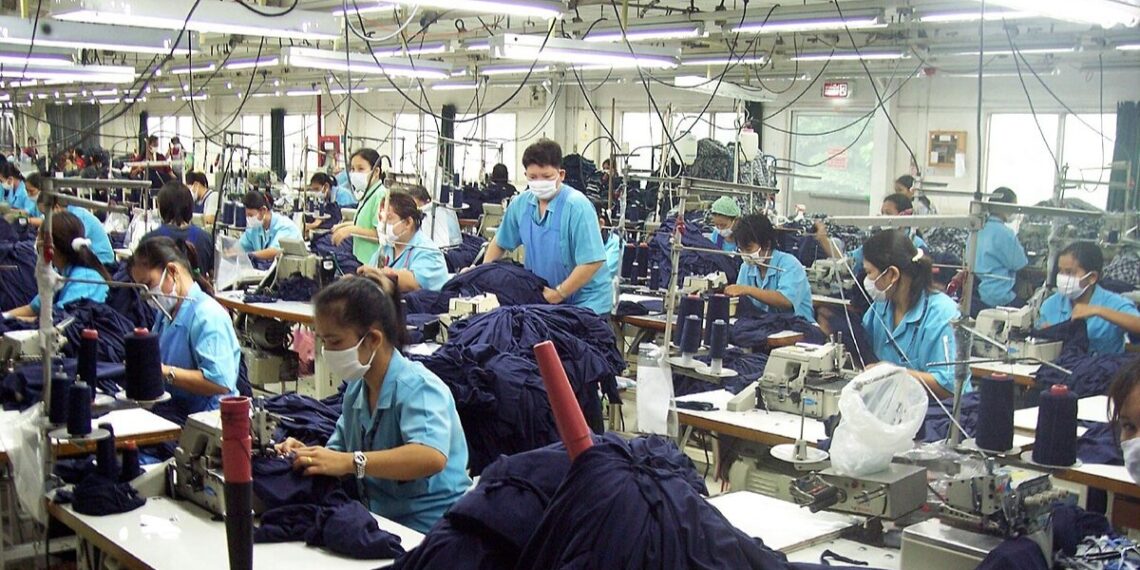No products in the basket.
Natthaphon Luangwongpaisan, Chairman of the Upper Northeastern Chamber of Commerce in Thailand, has openly criticized the government’s initiative to implement a nationwide minimum wage increase to 400 baht per day, set to take effect on October 1.
Key Points
- Natthaphon Luangwongpaisan, Chairman of the Upper Northeastern Chamber of Commerce, opposes the government’s nationwide minimum wage hike to 400 baht per day, arguing it should be tailored to regional economic conditions to reflect local circumstances.
- He highlights significant disparities in infrastructure between areas like Bangkok and small provinces, with a blanket wage increase potentially causing inflation, layoffs, and reduced investments in less developed regions.
- Emphasizing the need for gradual adjustments, Natthaphon advocates for focusing on improving worker skills rather than just increasing wages, which could harm both businesses and workers in the long term.
Natthaphon Luangwongpaisan, Chairman of the Upper Northeastern Chamber of Commerce in Thailand, has openly criticized the government’s initiative to implement a nationwide minimum wage increase to 400 baht per day, set to take effect on October 1. He argues that this policy lacks consideration for the diverse economic conditions present across different regions. Instead of enforcing a uniform wage, he advocates for localized adjustments that reflect each area’s specific circumstances and economic infrastructure.
Highlighting the disparities in utility and infrastructural capabilities among provinces, Natthaphon points out that while metropolitan areas like Bangkok and Phuket already offer salaries surpassing 400 baht, regions like the Upper Northeastern areas he represents are significantly disadvantaged. Many of these smaller provinces lack basic resources such as railways or airports, making them less attractive to potential investors compared to more developed cities. His concern is that without tailored wage policies, businesses in less developed regions could face severe challenges, leading to fewer job opportunities and economic stagnation.
Additionally, Natthaphon emphasizes the dangers of a hasty wage increase, warning that it could spur inflation. Employers, already operating on limited margins, may struggle to sustain their businesses under heightened wage burdens, which could result in layoffs and a movement towards automation to mitigate costs. He argues that unskilled workers might benefit short-term from wage hikes, but without concurrent improvements in productivity, businesses would simply transfer increased costs onto consumers.
To mitigate these issues, he suggests gradual wage adjustments and investment in enhancing worker skills rather than merely raising pay. Natthaphon’s perspective highlights the need for a more nuanced approach to wage policies that align with local economic realities, thereby safeguarding both workers’ interests and business viability.
Source : Business leaders oppose uniform 400 baht minimum wage increase nationwide
Discover more from Thailand Business News
Subscribe to get the latest posts sent to your email.














